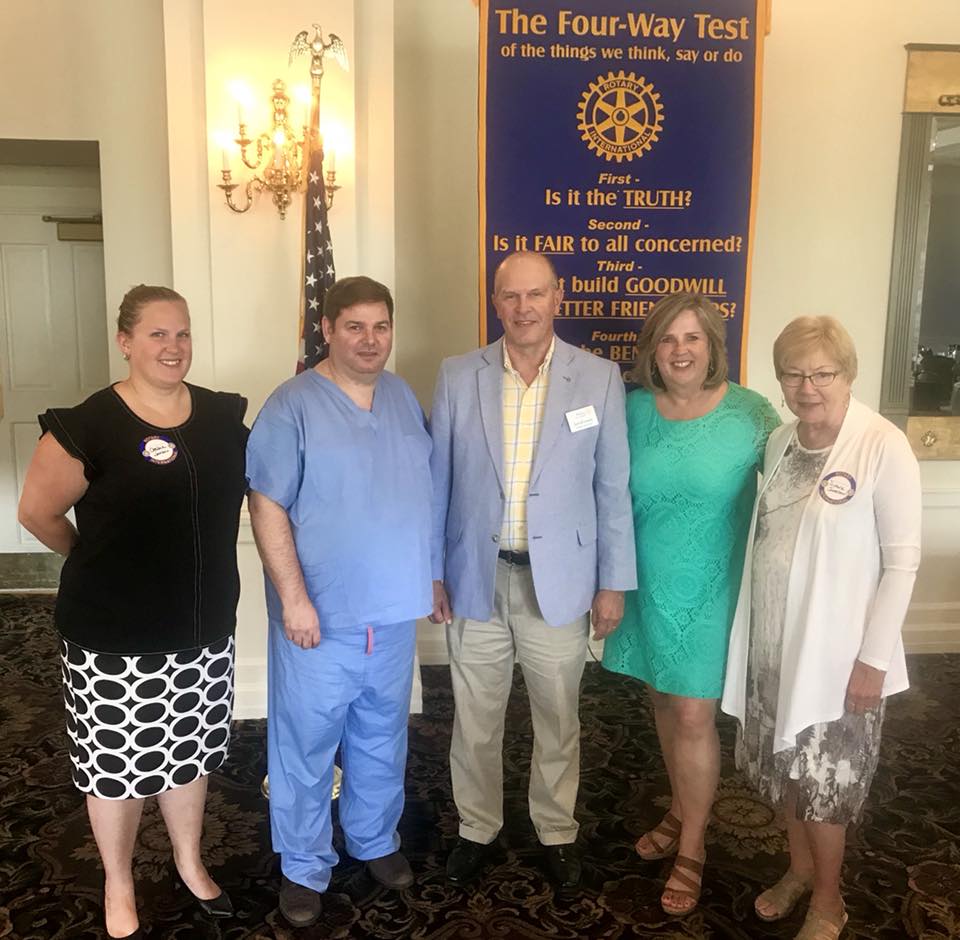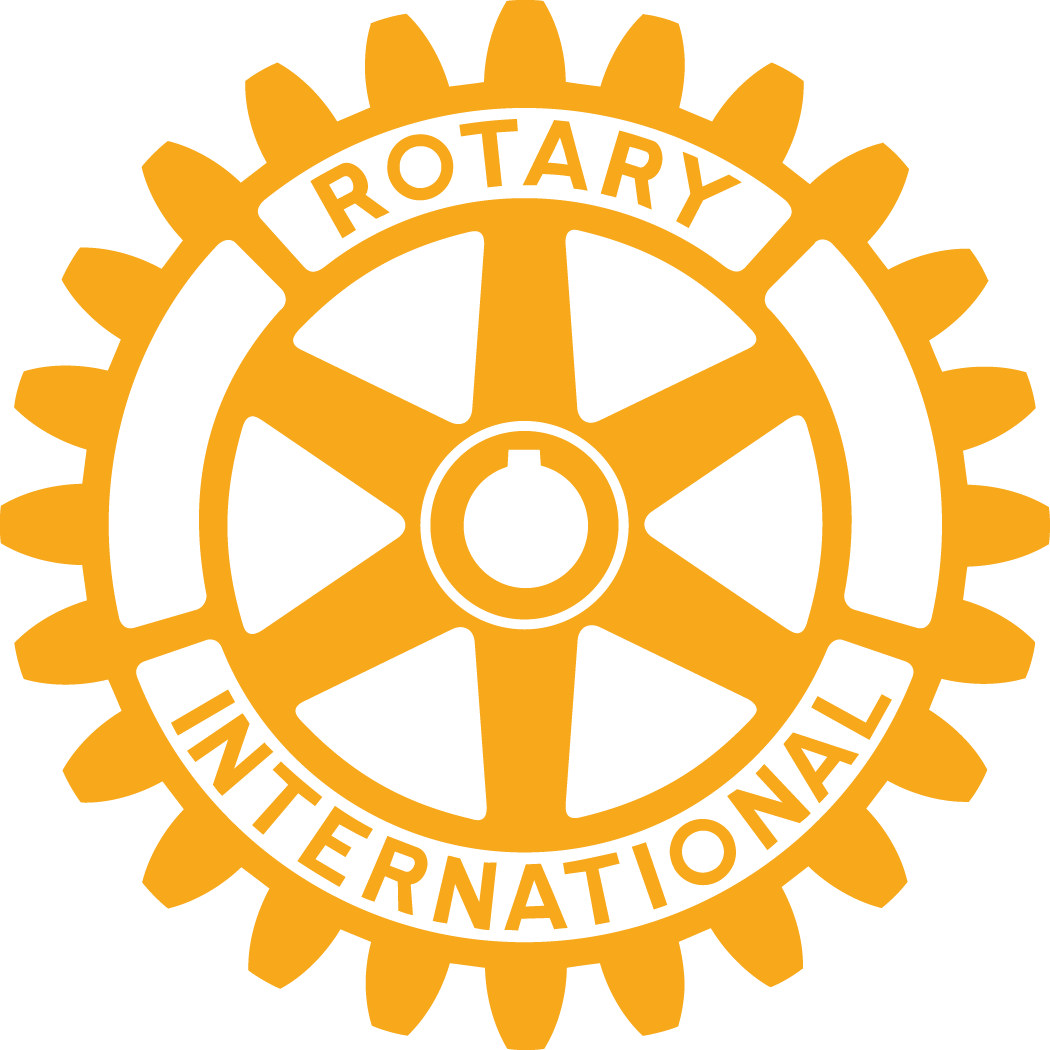Erik Finger, MD, PhD, Assistant Professor, Department of Surgery
Darrell Leines, Host
 Darrell shared his emotional story of how his world changed in the fall of 2015 when he received the diagnosis he needed a new kidney. Upon embarking on the donor search Darrell's cousin, Dennis, was a match for a transplant. Darrell shared the timeline of events before and after the transplant and now his biggest dilemma post transplant is to figure out how to thank someone who so profoundly affected your life?
Darrell shared his emotional story of how his world changed in the fall of 2015 when he received the diagnosis he needed a new kidney. Upon embarking on the donor search Darrell's cousin, Dennis, was a match for a transplant. Darrell shared the timeline of events before and after the transplant and now his biggest dilemma post transplant is to figure out how to thank someone who so profoundly affected your life?Dr. Erik Finger, decked out in his scrubs, gave us an overview of the last 50 years of transplants at the U of M. Generally, there are three options for failing kidneys: 1. Do nothing, 2. dialysis, or 3. Transplant. In the United States, there are 123,000 people in need of an organ transplant (of those are 101,000 needing a kidney) yet only 17,000 transplants are given in a year. Dr. Finger shared that living donor transplants can add 20 years of life to the recipient and shared some stats on different organs "shelf" life once received from deceased donors. The U of M has created medication the help immune system suppression and contributed medication to treat strong rejection and pediatric transplants are big at the U.
The highlight of the meeting was a poem an emotional Darrell shared that he wrote to express his gratitude to his cousin, "My Cousin, My Hero."
Pictured: Chelsea Janke, Dr. Erik Finger, Darrell, Cindy Leines, Diane Johnson
"My Cousin My Hero"
Cousins share common DNA
Passed down through the generations.
We never would have conceived that one day,
Our lives would be joined by more than relations.
Well that day did come for my cousin and me.
A gift of life my cousin did make.
One of his kidneys was donated by he.
The smaller of the two the surgeon would take.
Now we named the kidney "Little D."
Post transplant has gone well, with side effects near zero.
My own dilemma is seems to be?
Is how to say THANK YOU, my cousin, my HERO.
COUSINS AND FRIENDS FOR LIFE
Darrell - 2017
